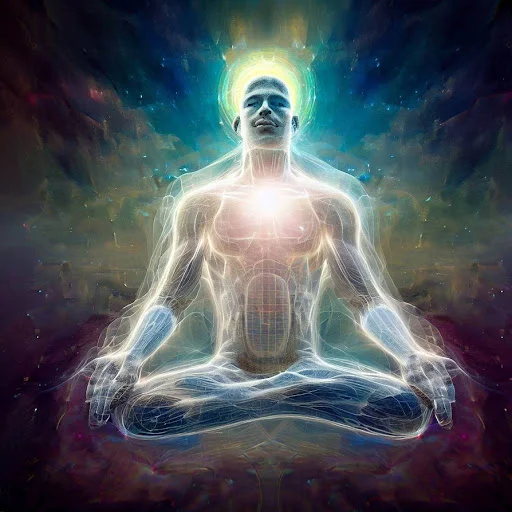Exploring: Christ Consciousness
Christ Consciousness is an awareness of the higher self as part of a universal system. Although it can be interpreted in a number of ways, a common understanding is that Christ Consciousness is the state of consciousness in which a person has found self-realization and unity with God or the Divine. It may also be used as a synonym for the yogic and Hindu concept of samadhi, or deep spiritual bliss.
Although Christ Consciousness is not intended to relate solely to the personality of Jesus Christ, its combination of Christian language with Eastern religious and philosophical concepts make it a controversial term to some.
It was named after the spiritual elevation Jesus achieved during his mortal life, and is symbolic of the enlightenment attained by spiritual masters after a period of suffering. This is a common concept among many different religious traditions and is not unique to Christianity. As such, Christ Consciousness is available to all those who seek awareness and spiritual awakening, regardless of their personal religious adherence.
In seeking Christ Consciousness, the idea is to transcend physical existence and experience one’s own divinity and God-like nature. It is a path of love, peace, harmony and bliss, which leads to an understanding of the omnipresent higher power that connects all beings in the universe.
All that an individual needs in order to experience Christ Consciousness is the will and capacity to receive it, an open mind and dedication to any spiritual practice. This may be as simple as following a new way of conscious thought in order to become a more compassionate, patient or tolerant person. The means by which one achieves this is not important in reaching Christ Consciousness.
Once the human mind recognizes the divine within, Christ Consciousness tends to awaken gradually. It can be viewed as having found Truth, or a rediscovery of one’s connection with their innermost spiritual being.
As such, it is a state of great emotional maturity and intellectual development, often described as a joyful and liberating experience. Once trust in a higher power begins to flourish, one can begin to attain greater levels of spiritual development and live a more virtuous life. There is likely to be internal conflict along the path to Christ Consciousness, but this kind of suffering is necessary in order to ascend traditional ways of thinking.
Jesus is used as an example to those who follow this path because he embodies the notion that all beings are one with the Divine. To attain Christ Consciousness is to recognize one’s birthright as a child of God, just as Jesus was said to be. Jesus Christ also became enlightened after a period of suffering, offering a symbolic guide to those who suffer on the path to discovering their true nature and higher self.
https://www.yogapedia.com/definition/5806/christ-consciousness
--- --- --- ---
Our own on-going evolution of thought, understanding, awareness and experience has moved from an expanded view of consciousness, to cosmic consciousness to Christ-Consciousness and our immersion in it.
Christ-Consciousness is an invitation, a pilgrimage, an immersion into the Absolute, into Love, as is beautifully and tenderly expressed here:
“we are being asked to enter into the hidden mystery of the Godhead, to share Jesus’ own knowledge of God and love of God; to share in and with and through him in the knowledge of the Father… which is the Godhead. The Godhead is a communion of knowledge and love. And we are being drawn into it. That is our calling.”
https://www.thelivingwater.com.au/blog/christ-consciousness-and-the-new-physicsnbsp
--- --- --- ---
According to the Catholic Encyclopedia, Christian Mysticism begins with an act of love from a person to an eternal, personal God and extends beyond one’s knowledge of Him through the intellect into a more nebulous, intuitive sense:
“Mysticism considers as the end of philosophy the direct union of the human soul with the Divinity through contemplation and love, and attempts to determine the processes and the means of realizing this end. This contemplation, according to Mysticism, is not based on a merely analogical knowledge of the Infinite, but as a direct and immediate intuition of the Infinite (Sauvage, 1911).”
https://www.coraevans.com/blog/article/introduction-to-christian-mysticism
--- --- --- ---
Photo credit: https://www.deviantart.com/griblick/art/Higher-Consciousness-961535896



Comments
Post a Comment